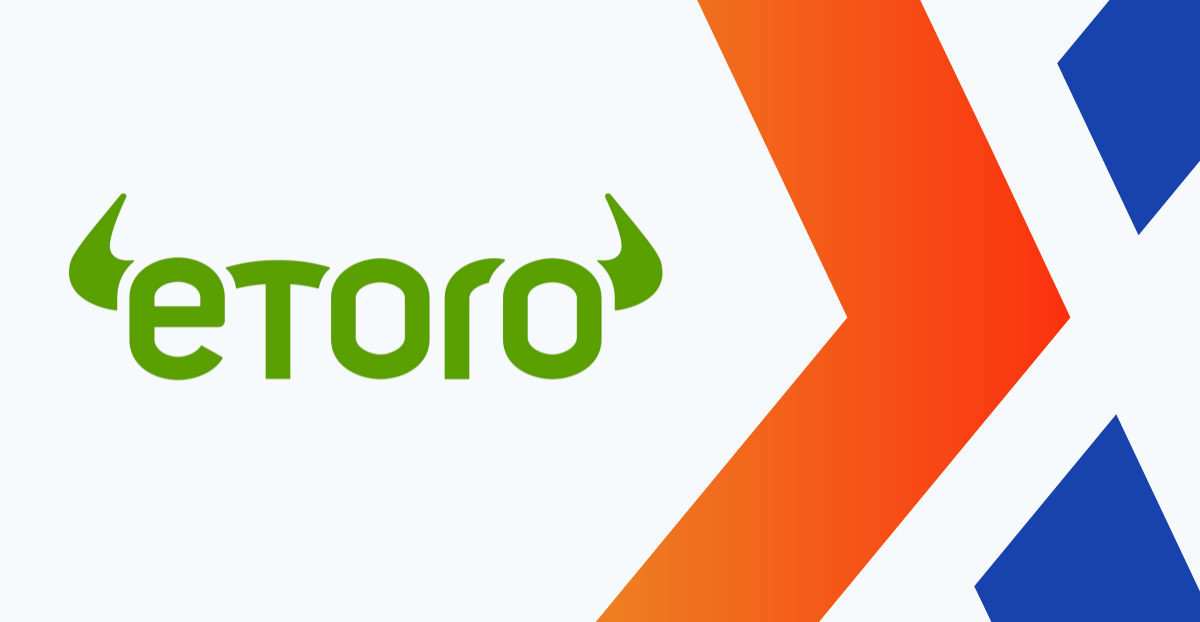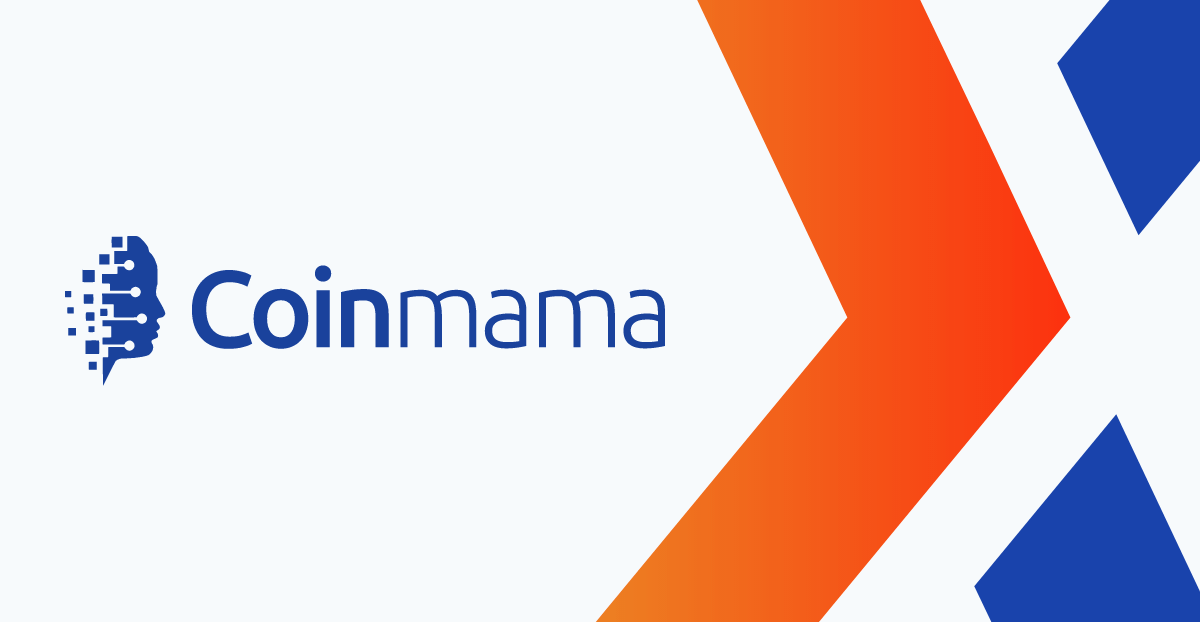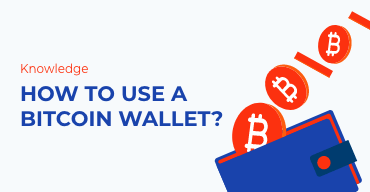Unless you’ve been living under a rock, you’ve surely noticed that cryptocurrencies are currently all the rage. Practically all popular cryptocurrencies are experiencing unprecedented growth. They’re led by the strongest of them all – Bitcoin. In this article, we’ll answer one of the most common questions about the popular cryptocurrency: What is a Bitcoin wallet?
Suppose you’ve only just started to familiarize yourself with the concept of cryptocurrencies, or you’ve recently decided to invest in them. In that case, you might be wondering how a digital currency like Bitcoin, which has no physical form, is stored. The answer is cryptocurrency wallets, specialized software used to store Bitcoin and other cryptos. Here, we’ll explain the concept of a digital wallet, go through various types of wallets and show you how to create and use them.
Bitcoin Wallets and the Blockchain
A wallet for storing Bitcoin, often referred to as crypto or digital wallet, is a piece of software used to store the cryptocurrency. However, ‘store’ is probably not the appropriate verb to use here. Digital wallets don’t actually hold your Bitcoin. Instead, they store your Bitcoin public and private keys, containing a record of all of your transactions. The reason for this unique and somewhat counter-intuitive setup is the structure of Bitcoin’s underlying system, the blockchain.
So, the answer to the question “What is stored in a Bitcoin wallet?” is not “Bitcoin”, but “a record of Bitcoin transactions.” But what is the blockchain? The blockchain is a distributed ledger of all transactions, with thousands of copies. Every time a transaction occurs, specific computers on the blockchain, called nodes, check the validity of that transaction against the copy of the ledger in their possession. This is one of the ways in which tampering with Bitcoin transactions is prevented. As mentioned, Bitcoin and other cryptocurrencies have no physical presence. There are only records of transactions, which determine the Bitcoin balance on each public address.
As such, a BTC wallet is there to store transaction data and communicate with the Bitcoin blockchain. In the Bitcoin economy, all transactions are performed between wallets and corresponding Bitcoin public addresses. Hence, for most users, owning a wallet is mandatory if they wish to complete Bitcoin transactions.
Private and Public Keys
Another set of vital concepts to grasp when looking into Bitcoin wallets are the public and private keys. The Bitcoin public key is a 34-character string visible to everyone on the blockchain. The public key also serves as your Bitcoin address, a bit of data typed in to determine the recipient in a Bitcoin transaction. Users looking into how to use a Bitcoin wallet should know that the fact that other users know your public key doesn’t in any way endanger the security of your wallet and funds. They can be freely shared and, as we’ve already mentioned, are already visible to everyone on the blockchain.
On the other hand, the Bitcoin private key is a piece of extremely sensitive information. Every public key has a corresponding private one, which consists of 64 characters. It’s absolutely imperative that you don’t share your private key with anyone, as it serves to access your Bitcoin wallet. In case you lose it, no one can help you either, as there’s no option to change or reset it.
Before you start researching how to set up a Bitcoin wallet and which type to choose, remember the importance of public and private keys. Think of them as your username and password for Bitcoin transactions. Note that while working inside the wallet software itself, you’ll have a separate username/password for it, while the private key will be used to authorize transactions. You won’t have to constantly juggle these extremely long keys, you usually just need to verify them once per device.
Types of Wallets
Wallets differ in the platform you access them through, the medium they’re present on, and on whether they’re connected to the internet or not.
Personal vs. Non-Personal Wallets
An important distinction to make when answering the question “What is a Bitcoin wallet?” is between personal and non-personal wallets. A private Bitcoin wallet is the one that you open yourself via one of the many providers available. Non-personal wallets refer to the ones that cryptocurrency exchanges create for you to use on the site. These should be used only as an intermediary solution since the security of these wallets is tied to that of the crypto exchange. If they get hacked, your funds might be in danger as well. Therefore, we recommend that you always have a dedicated personal wallet to keep the bulk of your Bitcoin.
Hot Wallets vs. Cold Storage
What is a Bitcoin hardware wallet? This is a pretty common question among up-and-coming Bitcoin enthusiasts. A Bitcoin hardware wallet belongs to a subgroup of so-called cold storage wallets. These wallets are not connected to the internet. They represent the most secure type of wallets since the fact that they’re disconnected from the internet makes them near-immune to most forms of cyberattacks. Besides hardware wallets, which usually come in the form of specialized hard drives or USBs, the other form of cold storage is paper wallets.
Making a Bitcoin wallet on paper is easy. Paper wallet services let you generate and print out your public and private keys on a piece of paper. Then, when you need to initiate a transaction, you just need the paper with the keys on it.
While Bitcoin wallet cold storage offers the highest level of security, it has to be used in combination with hot wallets since they’re required for online transactions.
A Bitcoin hot wallet is a wallet with a connection to the internet. These crypto wallets can run on a multitude of internet-ready devices like computers, smartphones, and tablets. Anything that has an online connection is automatically at some risk of a cyberattack. Hence, you need to make sure that the devices you install the wallet app on are completely secure. Hot wallets mainly differ in the platform you access them on.
Desktop Bitcoin Wallet
Simply put, desktop wallets are those you install on and access from your desktop computer. Desktop wallets can be used to easily send or receive Bitcoin, as well as to store your private key. If you happen to change devices or wallets, the private key can be extracted and moved to a new device/app.
Mobile Wallet
What is a good Bitcoin wallet? The one you can use on the move! Mobile wallets run on smartphones and tablets, retaining the same transaction functions as those found in desktop wallets. Additionally, mobile wallets allow you to pay at physical locations by scanning QR codes.
Bitcoin Web Wallet
Web wallets are the most accessible of the bunch, as they can be accessed through a browser via any platform that supports them. Most wallets offered by the best cryptocurrency exchanges are web wallets. Note that in the case of web wallets, your private key is stored online, which represents a security risk.
Security Tips
Now that we’ve covered the question “What is a Bitcoin wallet?” and went through the various wallet types, let’s turn to considerations about security. Losing access to your wallet or compromising its security can have disastrous consequences. We’ve compiled a list of tips to have in mind when handling those precious, precious coins.
- Diversify your wallets. Use multiple types of wallets to store your Bitcoin. Non-personal ones can be used for quick transactions on crypto exchanges, while secure hot wallets and cold storage should be used to keep the bulk of your Bitcoin safe.
- Create backups. A cryptocurrency wallet installed on your desktop or smartphone might experience problems, or the devices themselves might malfunction. This could cause you to lose access to your funds. To prevent this scenario, you should create a backup of the wallets you use.
- Don’t access your wallet via public Wi-Fi. Public Wi-Fis are notoriously non-secure. Avoid accessing your wallet when connected to public networks to prevent intruders from stealing your credentials.
- Don’t use the same credentials. Avoid using the same login credentials for your wallet and other accounts such as social media and email. Using the same login info significantly reduces your wallet security, especially now when most social media giants are facing leaks of some kind.
- Add additional security to your crypto wallet. Consider adding extra security measures to your wallets, such as two-factor authentication, mobile verification, and more.
FAQ
What is a Bitcoin wallet, and how does it work?
A digital wallet for Bitcoin is a specialized piece of software or hardware that serves to keep a record of your Bitcoin transactions. The wallet also stores your public and private keys allowing you to facilitate transactions and keep an eye on your Bitcoin balance.
Do you need a Bitcoin wallet?
Yes, a Bitcoin wallet, as explained above, is necessary for all Bitcoin transactions since they occur exclusively between two wallets/public addresses. Therefore, owning a wallet is a prerequisite for sending or receiving Bitcoin.
How do I get a Bitcoin wallet?
You need to download the wallet app from one of the many trusted providers available and set up an account.
Can I cash out my Bitcoin wallet?
The easiest way to cash out your digital wallet is to head to one of the trusted crypto exchanges and trade the Bitcoin from your wallet for a fiat currency. Bitcoin gambling sites also offer to exchange your crypto for regular currencies.
How much does a Bitcoin wallet cost?
As described previously in our “What is a Bitcoin wallet?” guide, there are many types of wallets with different price tags. Software wallets can sometimes be obtained for free. In other cases, their pricing ranges from $10 to $100 or more. Some sites offer wallet services for a monthly fee.





